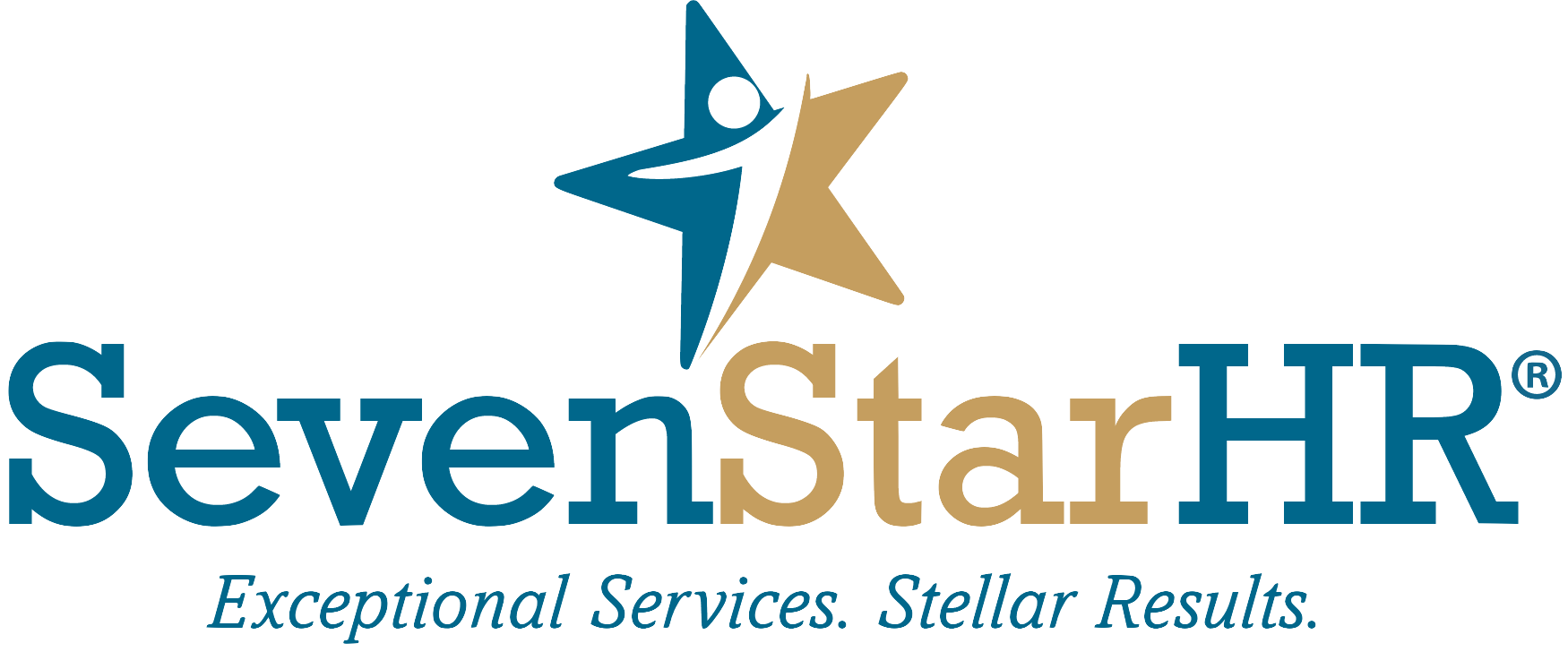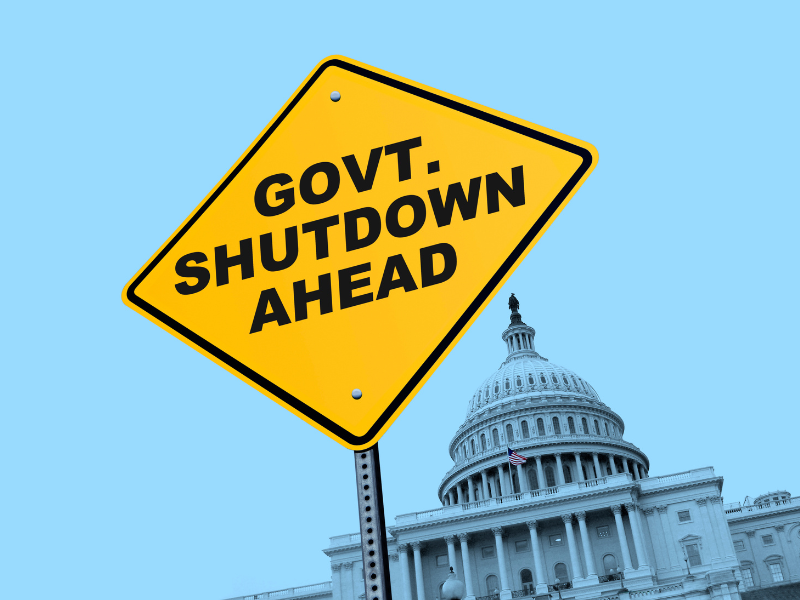Which Employer-Related Government Agencies Are Affected by the Federal Shutdown?
As of October 1, 2025, the federal government has officially shut down following Congress’s failure to pass a new spending bill. For employers, this means delays, cancellations, and limited access to key labor and employment agency functions.
If you’ve filed a charge, are waiting on a ruling, or were planning to participate in a hearing, you should expect disruptions across the board.
Let’s take a closer look at which federal agencies are affected—and what it means for your workplace.
Department of Labor (DOL)
Most DOL operations are now on pause. Only activities deemed essential for protecting safety, health, or property will continue.
✅ Still operating:
Investigations into child labor violations
Processing of certain benefits payments
Support for federal and state unemployment programs
⛔ Paused or closed:
Technical assistance and compliance audits
Administrative hearings
New regulatory actions, including several proposed rules tied to:
Independent contractor definitions
Heat illness standards
Joint employer status
Multiple subagencies, such as:
Bureau of Labor Statistics (jobs report suspended)
Office of Administrative Law Judges
Office of Federal Contract Compliance Programs
Equal Employment Opportunity Commission (EEOC)
The EEOC has scaled back nearly all operations, focusing only on time-sensitive issues. If you’re in the middle of a claim or mediation, expect delays.
✅ Limited activity:
Accepting new charges via the online portal
Screening for urgent deadlines or risk-related cases
Continuing litigation where court extensions haven’t been granted
⛔ On hold:
New investigations
Mediations, hearings, and interviews
Outreach and education programs
Responses to pending case inquiries or FOIA requests
During past shutdowns, the EEOC extended filing deadlines and rescheduled proceedings after reopening. A similar approach is expected now.
National Labor Relations Board (NLRB)
The NLRB is largely inactive, with minimal staff working.
✅ Ongoing:
One sitting Board member (a presidential appointee) may continue issuing decisions—but with limited staff support, activity will be slow.
⛔ Suspended:
Representation petitions
Unfair labor practice charge investigations
Administrative litigation and hearings
Employers involved in NLRB cases should plan for significant delays.
Immigration Agencies
USCIS is still processing applications since it’s fee-funded. Most services are ongoing.
However, the E-Verify system is currently unavailable—a significant complication for onboarding new hires.
Employers must still complete Form I-9s within three business days of an employee’s start date, even while E-Verify is down.
CBP and ICE are continuing operations, as most personnel are classified as essential.
Department of Justice (DOJ)
The DOJ is prioritizing only cases that involve public safety or protection of property.
✅ Continuing:
Criminal cases
Extraditions
Cases involving life or property
⛔ Deferred:
Civil litigation unless it involves an immediate threat or emergency
New case filings in nonessential matters
Federal Courts
Courts rely on independent funding (filing fees, etc.) and were operating under reserve funds through October 3.
Now that we’ve passed this date, expect:
Curtailed services
Prioritization of only essential functions
Disruptions that vary by jurisdiction
Check your court’s website for real-time updates on deadlines, hearings, and service availability.
Other Employer Concerns During the Shutdown
The shutdown creates ripple effects beyond federal agencies. You may need to make decisions about staffing, leave, or furloughs if your business is affected by halted federal contracts.
Key considerations:
Furloughs and temporary layoffs could trigger WARN Act obligations
Wage and hour laws still apply even during interruptions
Consult with counsel to ensure any workforce adjustments are legally compliant
HR teams and business leaders should plan for disruption, delay, and extra patience. Key agency functions—especially those tied to compliance, enforcement, and litigation—are running at reduced capacity or paused altogether.

